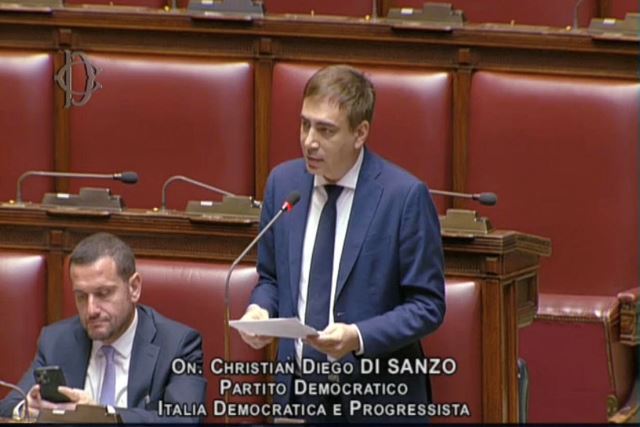The proposal by the Partito Democratico also drafted by Christian Di Sanzo, Deputy elected from the North and Central America constituency, for the annual allocation of 4 million euros to a fund for improving and increasing the efficiency of consular services, has been approved in its first reading by the Chamber of Deputies.
In an interview with IlNewyorkese, Hon. Di Sanzo explained that this was “a process that lasted almost a year and a half, leading to the endorsement of a proposal by the entire majority, initiated by the PD and approved in a bipartisan manner by the entire parliamentary spectrum.” Di Sanzo continued: “The great achievement is that a new fund of 4 million euros has been established outside the budget. It’s a significant accomplishment; 4 million is a substantial amount and has been secured through ordinary legislation, which is a major success.”
So how will these funds work and what will they be used for? “The idea,” explains Di Sanzo, “is that the funds will be redistributed to consulates based on the number of passports they issue. This way, the revenue from the passports goes directly back to the consulates, allowing them to manage it with a certain level of autonomy, perhaps hiring temporary staff or addressing specific needs of the community or the consulate itself, always related to consular services. This makes the consulate more autonomous and implements a reward mechanism based on the efficiency of passport issuance.”
Now, it will be necessary to wait for the resumption of work after the summer break for the final approval in the Senate, but there do not appear to be any obstacles in that regard.

